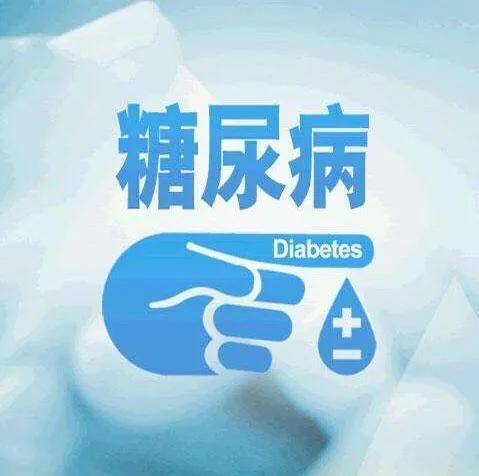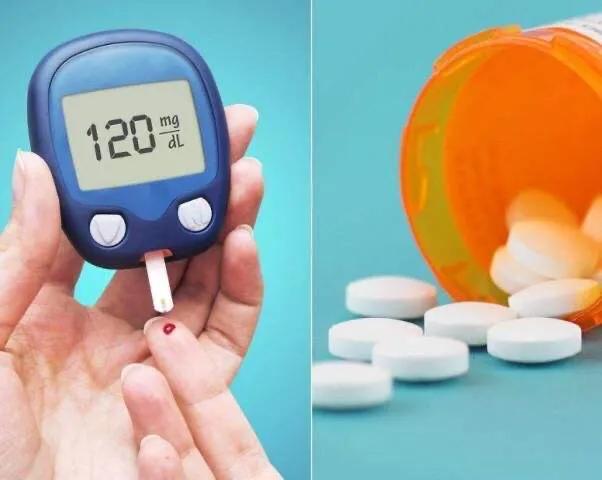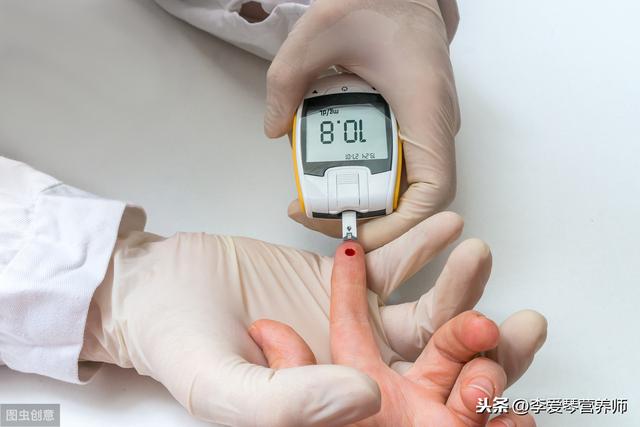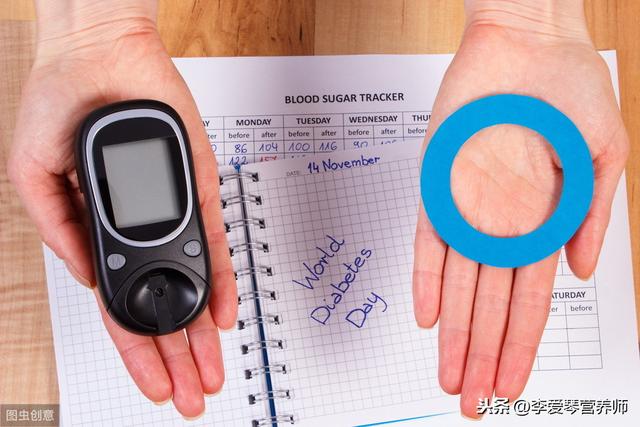Is it possible to misdiagnose diabetes?
I can tell you with certainty.The probability of misdiagnosis is extremely low!
First, because the current national standard for diagnosing diabetes is very high.
1. Diabetes mellitus can be diagnosed if there are typical symptoms and the fasting blood glucose value is greater than 7.0 mmol/L or greater than or equal to 11.1 mmol/L two hours after a meal; or if the typical symptoms are coupled with a random blood glucose value greater than or equal to 11.1 mmol/L.
2. If asymptomatic, the results of two blood glucose tests need to be above standard before a diagnosis can be made.
The diagnosis is confirmed by relatively foreign criteria, as long as the glycosylated hemoglobin is ≥6.5% (American Diabetes Association ADA guidelines).
In layman's terms, manyMild diabetes or pre-diabetesIn the case of all patients, the country will not directly diagnose diabetes, but will only give a recommended treatment plan to control blood sugar.
Therefore, if you have been diagnosed with diabetes in the hospital, it is recommended to listen to your doctor's treatment plan immediately and actively cooperate with the treatment as soon as possible.
After all, diabetes is only a chronic disease that can be treated and controlled just as well as you can live a long life.
In a physician's experience, there may be situations where a diagnosis is temporarily uncertain.
Such as fever, such as abdominal pain, there may be dozens of diagnoses that need to be identified for these symptoms. Misdiagnosis can occur when the disease is atypical or when the doctor is not knowledgeable or responsible.
Therefore, it is very important for doctors to have a rich knowledge base, a broad mindset, a wide vision and a bold heart.
Is it easy to misdiagnose diabetes? Very easily!
Dozens of diseases can be considered when diabetes can present with very many symptoms such as thirst, excessive drinking, panic, dizziness, weakness, blurred vision, numbness in the hands and feet, and abdominal pain.

It can also be combined with many diseases, such as kidney disease, eye disease, cardiovascular disease, hypertension, and involves the most departments, such as surgery, obstetrics and gynecology, ophthalmology, pediatrics, and so on. Diabetes mellitus can be seen in all departments of the hospital.
This process without diabetes awareness. Without blood sugar test results, it is very easy to miss or even misdiagnose.
Diabetes is one of the least misdiagnosed diseases!
Just measure your blood sugar, keeping in mind the diagnostic criteria for blood sugar, 7.0 fasting and 11.1 postprandial, and you're diagnosed, see, it's that simple!

The diagnostic technique is so simple, take a blood or finger-end test at the hospital and the results come back, one abnormality, I take another test. Two results meet the criteria for a diabetes diagnosis and the diagnosis is confirmed.
Of course determining the type of diabetes requires further testing. At this stage, the chances of misdiagnosis are relatively high, e.g., type 1 and type 2 diabetes mellitus, adult-onset immune diabetes mellitus, and some genetically abnormal diabetes mellitus, which can be difficult to diagnose without islet function measurements, islet-associated antibody tests, or even genotyping.
I am Dr. Sun, pay attention to Dr. Sun talk about sugar, continue to learn about quality health knowledge, pay attention to the message will be replied!
Misdiagnosis of diabetes mellitus may exist, but the chances are very low, usually not, because there are certain diagnostic criteria for the diagnosis of diabetes mellitus, as well as for impaired glucose tolerance or impaired fasting glucose regulation, and the diagnostic data is not characterized at once. Unless there is a possibility that the patient has been taking hormonal drugs in the recent period, and this kind of drug interferes with blood glucose detection, that is to say, the patient itself insulin function is not a problem, due to the long-term use of hormones, so that the blood glucose rose. However, the rate of this kind of misdiagnosis is very low in the clinic. So there is no need to worry. This is because doctors don't just look at lab tests when making a diagnosis.

Let's look at the basis for the diagnosis of diabetes:
Doctors then make a diabetes diagnosis for their patients:
in the first placeThe doctor will ask questions such as: does the patient have a family history of diabetes, what are his/her eating habits? Whether there is any other medical history, etc.
secondly, laboratory tests are performed. These generally include: fasting blood glucose, two-hour blood glucose after meals, urine glucose, urine ketone bodies, and glycosylated hemoglobin (which is blood glucose over the last 2-3 months).

Combining the above two findings, the doctor will also look at the patient's specific clinical presentation (e.g.; three more, one less, etc.) as well as the presence of comorbidities, complications, etc. (e.g.: lipids, blood pressure, skin disease, joint disease, retinopathy, cataracts, etc.).
Misdiagnosis of diabetic patients is very small, but the proportion of diabetes leakage is much higher than the misdiagnosis, this is because, type 2 diabetes patients, more than half, the symptoms are not obvious, especially in the overweight or obese people, most of the light patients, generally because of the accompaniment of some kind of symptom, or in the health checkups only be found and detected, so for these light pathology if not always alert to the possibility of diabetes, very easy to So for these mild pathologies, if you are not always alert to the possibility of diabetes, it is very easy to miss the diagnosis.

Recently, the results of the latest national epidemiological survey on the prevalence of diabetes in the Chinese population were published in the British Medical Journal, which showed that half of the Chinese adults have abnormal blood glucose (including diabetes and prediabetes), and half of the patients are "in the dark".
In summary, for diabetes the chances of being misdiagnosed are very small, and the rate of underdiagnosis is much higher than misdiagnosis.
Diagnosing diabetes should be very easy; the hard part is treating it, especially the complications.
It's entirely possible that it could be misdiagnosed, and there will be a significant number of sugar addicts who will miss the diagnosis
Is it possible to misdiagnose diabetes?
It is possible, especially for those who have eaten desserts, drank carbonated, fruit juices and other high-sugar beverages, that there is a possibility of misdiagnosis if blood sugar fluctuates at the time of the physical examination due to diet and other reasons.
So generally in order to rule out special circumstances, generally require fasting after 10 p.m. the night before, and ensure fasting for at least 8-10 hours, go to the hospital to do glucose tolerance screening, if there is a high blood glucose, will be further examined pancreatic islet function, etc., generally will not be enough to rely on a single test to confirm the diagnosis of diabetes.
This question and answer are from the site users, does not represent the position of the site, such as infringement, please contact the administrator to delete.